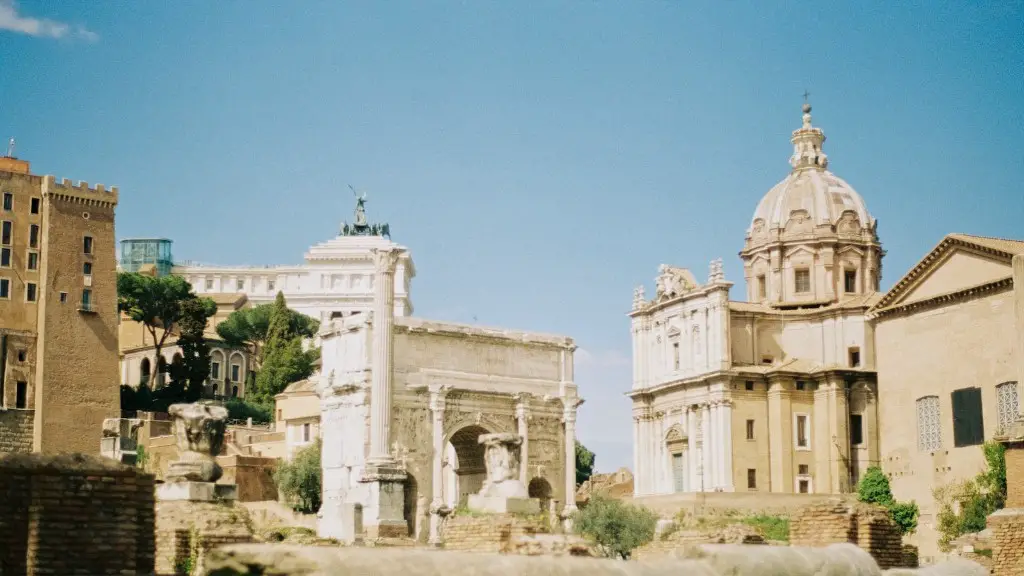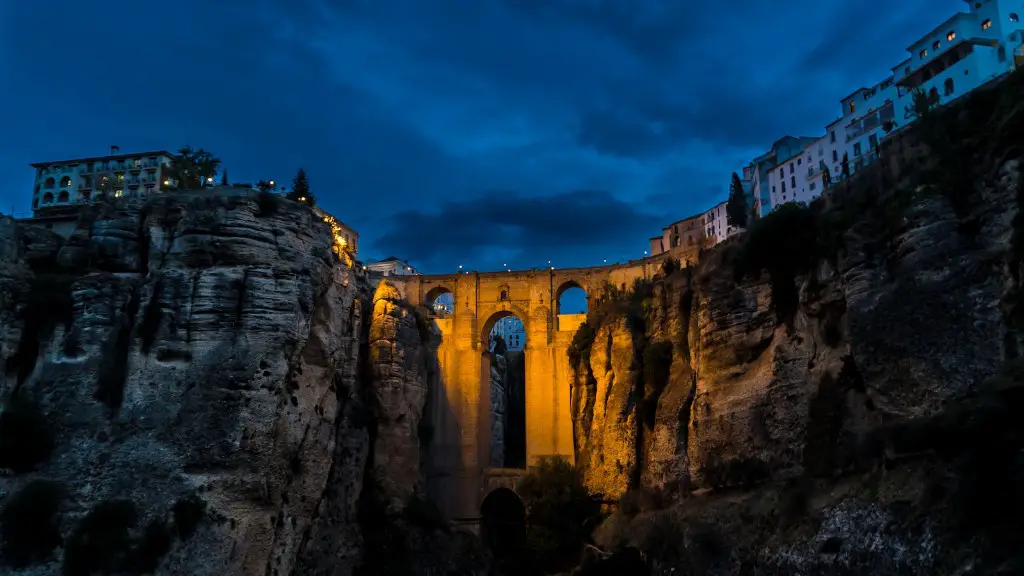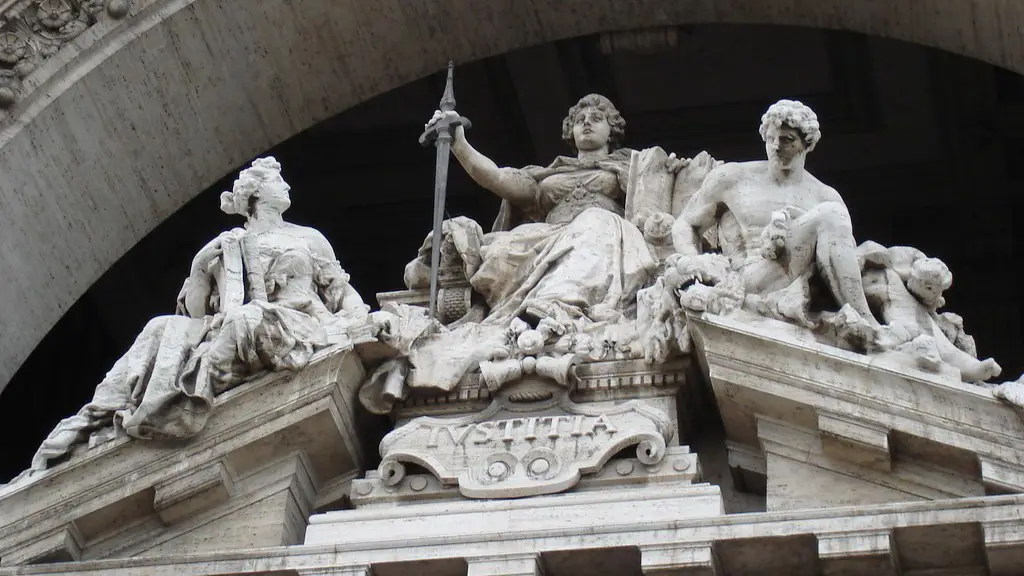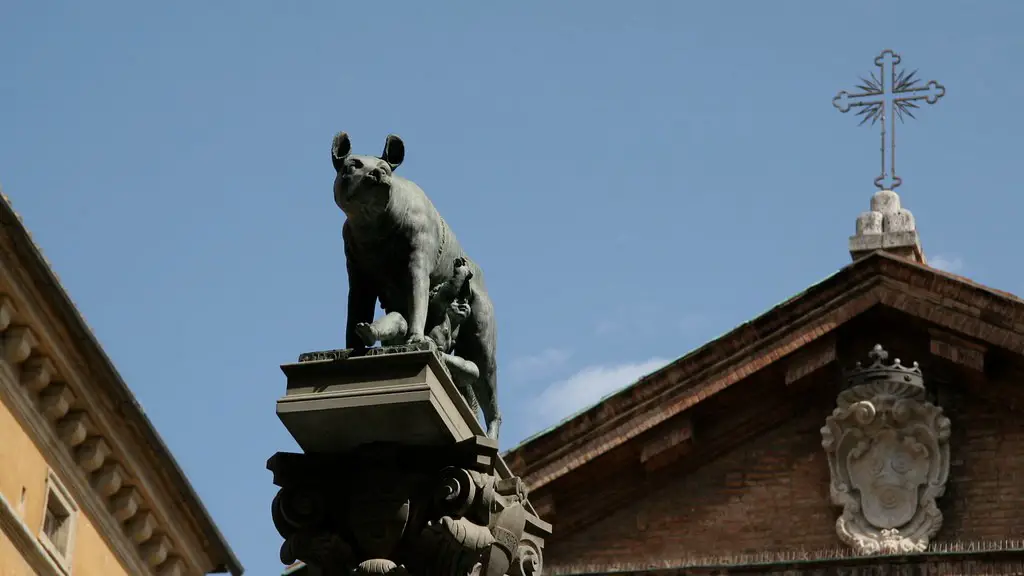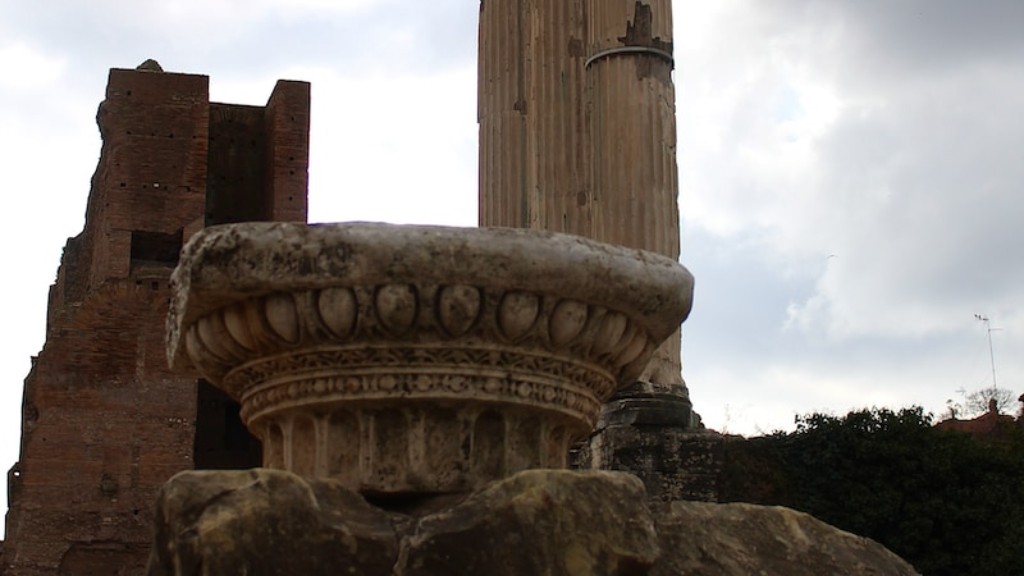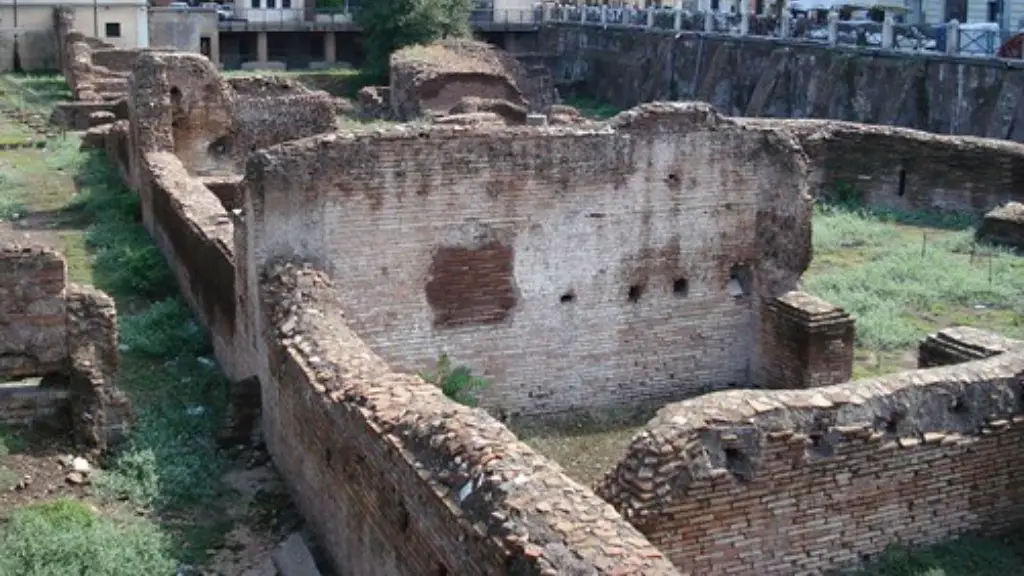In Ancient Rome, the city of marble was an empire of abundance for the wealthy and a prison of deprivation for the poor. Those who lived in the slums were described as ‘submerged in mud and excrement’ while the fat cats bathed in luxury. But what life was really like for the Roman poor?
In the society of Ancient Rome, you were either a cives, or a peregrinus. To be a cives, you had to be born of Roman parents and have been registered at the time of birth. This ensured you had the right to vote, as well as to own property and be employed. On the other hand, the peregrinus was any foreigner living inside the Republic. They had no rights and were mistreated, exploited and enslaved by the wealthy Roman elites.
The majority of the Roman population were plebians, those who had to work for a living. They worked a minimum of 12 hours a day and their only source of income was their money wages; pensions or other benefits did not exist. As for their housing, their homes were often located in the Subura (slums) of Rome; one-story, cramped tenements where diseases and poverty were rampant. As a result, life expectancy in Ancient Rome was low, with most people reaching just 30 years old.
The food for the poor was scarce and of low quality. Bread and porridge were the staple food, often eaten with vegetables and fruits, in addition to meat and fish which could only be afforded on special occasions. In some cases, the state would provide bread at discounted prices, yet due to Rome’s overpopulation, even the subsidized bread was not enough.
Education was a privilege reserved only to the elites. Most plebians had no access to educational resources, either by lack of financial means or as a result of their servile status. Girls were of no exception, being deprived of access to education and forced to marry early.
On a more positive note, Ancient Rome saw the birth of many public works and welfare projects for the poor. One of them was the aediles, officials elected by the people who worked towards improving the life of the plebians. These officials sought to reduce poverty and hunger in the city and create jobs. Among their strategies was the limitation of grain prices, the provision of public baths and the construction of parks, drinking water sources and other public monuments.
Finally, the Roman poor relied heavily on religion. Superstitions and the belief in supernatural forces pervaded their daily life, as ancestor worship and animal sacrifices were common practices to ensure the health of the family and the good fortune of their crops. Additionally, several festivals such as Saturnalia, Faunalia and Lupercalia attracted the poor and provided them with moments of escape from their otherwise harsh reality.
Public Health
Poor nutrition, squalid living conditions, overcrowding and lack of hygiene made disease endemic amongst the lower classes in Ancient Rome. This was further exacerbated by infrequent and inadequate public health measures, such as the brief and minimal closure of the Tiber river for cleaning. Without proper resources, the Roman poor were exposed to typhoid fever, dysentery and malaria, until the rich adopted aqueducts which allowed them to acquire clean water.
The lack of medical services and standards also posed a threat to the physical wellbeing of the Roman poor. Although there were some public doctors appointed by the state, they were not prepared to serve the needs of the population. As a result, those who could not afford private medical treatment had to rely on untrained medical practitioners.
The main medical issue detected among the Roman plebians was malnutrition. This arose from the low quantity of food and a poor diet, especially since malnourished people tend to be more vulnerable to disease. Furthermore, poor sanitation caused further health problems associated with infectious diseases, such as typhoid fever and tuberculosis.
Overall, the public health of the Roman poor was dire. Those with access to public areas risked infection, and ordinary citizens had to rely on their own resilience or the help of their family for medical care.
Labour
The Roman poor landless people and those living in extreme poverty had to work as labourers in order to survive. This placed them under the harsh rule of their employers which often led to overworking, low wages and even abuse.
Those seeking labour jobs were given seasonal tasks such as harvesting, shipping and brick making. Some of the most dangerous occupations were undertaken by them, such as working the furnaces in saltworks, extracting metals such as lead, copper and tin and working the mines. Men and women of all social classes could work in the mines, however they were separated by gender and profession.
In addition, due to a lack of social protection, the Roman poor had to face challenges such as unemployment, underemployment and occasional periods of homelessness. Women’s roles were limited either to domestic service or prostitution and unlike free men, slaves were unable to take part in political activities.
Therefore, the life of the Roman poor had its own ups and downs. Even though the Roman labour markets matched the needs of the Roman economy and provided a source of employment, the average plebeian had to endure unpleasant working conditions and little to no social protection.
Politics
The lives of the Roman poor were heavily influenced by the politics of Ancient Rome. Despite the fact that they had no real vote, the plebians were able to have a voice through tribunes – elected officials that represented the people. The tribunes had the power to veto the decisions of the Senate, so their presence offered some level of protection that the plebs did not have before.
The Roman poor were also subject to the unfair dictates of the wealthy patricians, such as the Lex Rubria which forbade plebians from marrying the daughters of patricians, as well as the Lex Sumptuaria which prohibited them from wearing clothes or jewellery of a certain value. The restrictive and oppressive laws were largely enforced by the powerful figures of the Roman Senate.
That being said, some of the major reforms which benefited the Roman poor were introduced by plebian officials. The most important of them was the Lex Hortensia, enacted by plebians in 287 BCE which granted the validity of any resolution passed by the popular assembly regardless of any senatorial approval.
To conclude, the Roman politics were largely defined by the juxtaposition of wealthy patricians and the plebian underprivileged population. Even though the affairs of the Roman Republic were mostly decided by the patricians, some plebians managed to introduce laws which would benefit the lower classes.
Economy
For the Roman poor, the basics of life were hard to buy. Access to food, clothing, and shelter heavily depended on the Roman economy and prices of goods. Their only source of income was their money wages and there was no safety net for those who were unable to provide for themselves, such as the old and the disabled.
This financial insecurity meant that the Roman poor had to directly depend on their employers and the community itself, in addition to accepting help from more fortunate family and friends. In some cases, they even resorted to begging and stealing, which would be met with punishment by the authorities if caught.
Overall, the Roman economy favored the wealthy while the poor had limited access to resources and opportunities. Shortages of grain, hazardous working conditions, as well as the fluctuating prices of goods meant that the plebians were left exposed to poverty and exploitation. These financial issues, however, were often alleviated by public relief, such as free distributions of bread in Rome.
Entertainment
Despite the harsh conditions of Ancient Rome, the Roman poor managed to find an escape from their day to day life through entertainment. Since most athletic events such as gladiatorial combats were too expensive for the plebs, they relied on theatrical plays, music performances and small regional festivals for entertainment.
These events were widely attended by the common people and even organized by them, such as the Juno Lucina festival which was organized by Rome’s taxi drivers. Sports were also part of the Roman culture, and while the wealthy participated in chariot racing, the plebs favored boxing matches and wrestling exhibitions.
Another popular activity was gambling, which was widely available in the form of dice games, horse racing and chariot racing. It was mostly unregulated, making it accessible to even the poorest citizens. Gambling was also seen as a way to get rich quick, as some Romans were reluctant to work hard to earn their living.
In conclusion, entertainment played a major role in the Roman poor’s lives, almost compensating for their harsh reality. They managed to find joy and even companionship in various forms of entertainment, from theatrical plays to gambling, proving that ancient Romans were a kind and creative people, even in difficult times.
